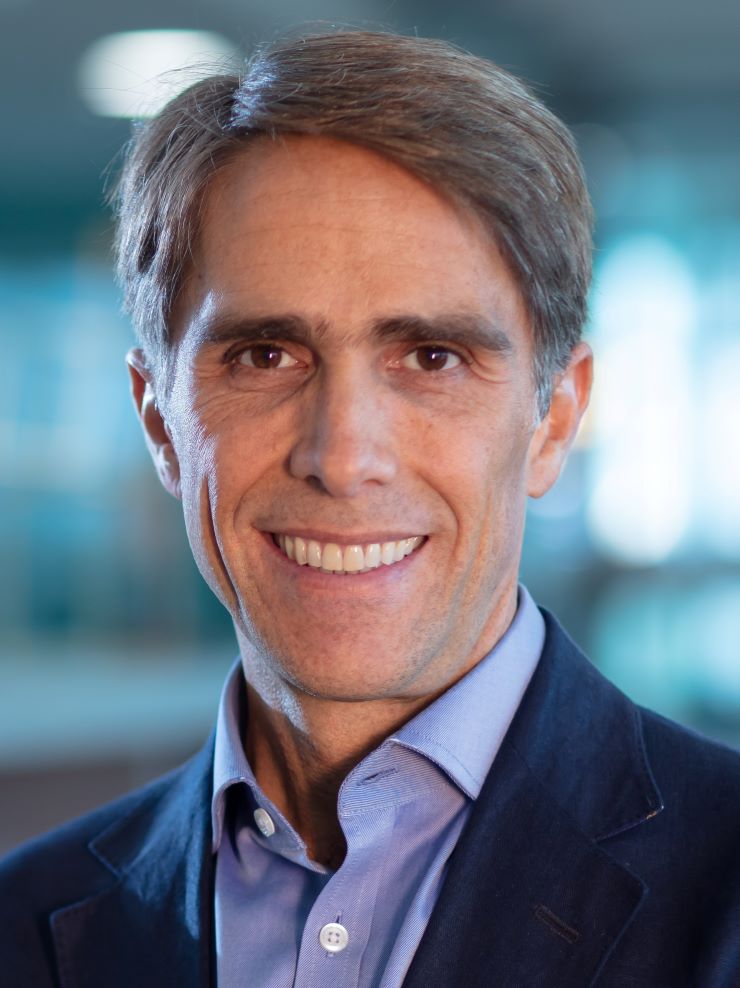
A Chat with Pablo Andres
Q. How long have you been with the company?
A. I have been with the company for 9.5 months.
Q. What is your day-to-day role and your team’s day-to-day role?
A. My day-to-day role is the financial director. This includes ensuring there are sufficient funds to grow the company and pay stakeholders, pay our communities and ensure that we are repaying debt and pensions funds. My team ensures there are robust financial controls in place and developing and implementing the strategy for the group – a long term financial strategy for the group within a business unified framework.
Q. What is your favourite part of the job?
A. All of my job! The meaning of what we do. We work for a wind energy company with the highest ESG credentials at our heart. The whole team believes in what they are doing, which is very important. At the end of the day, our profits pay pensioners, so what is there not to like about what we are doing? And the fact this is a young, energetic, dynamic company team with great people.
Q. From your perspective, how do you ensure the ‘Ventient Way’ flows through the team’s financial practices?
A. The culture is embedded in the leadership and the wider team, from the board and the CEO, Mark Jones, and the executive board. The whole team sees that the relationship between the executive board members is amazing. We all get along very well; we talk about things in a straight way, in an open and inclusive environment that doesn’t give space to tension. We focus on creating a space where we can be honest, listening to each other and laugh!
This generates an open and inclusive environment where people can feel comfortable and are reassured that we are committed to fulfilling our business vision in the right way, which we believe is sustainable, based on people, high-performance, safety and innovation.
We are not interested in shortcuts, only the long-term value. Everything contributes to stabilising our platform, making it grow, with the right controls. Our high performance and inclusive culture allows our teams to work together across multifunctional projects and benefit from the variety of skills deployed for the same goal.
By looking at things with a long-term perspective and an open and inclusive mindset we attract people that want to work that way, and it becomes a virtuous cycle. The culture ensures that we hire people with the same attitude.
Q. Tell us more about Ventient’s latest acquisitions Iberwind and Pauvres, and why Ventient decided to go for them?
A. The Iberwind acquisition was a really big strategic set change for the company. Two teams joining together with complementary skills, to come together to transform Ventient. To create a powerful platform that can support and improve our performance and growth ambitions. Iberwind had robust performance, robust financials and a complementary platform to give us the step change to become the powerful group we are now. All the factors came together to deliver the perfect case for the acquisition.
Pauvres was a much smaller acquisition. We acquire larger and smaller companies, and because of the platform we have, we can carry out big acquisitions like Iberwind and smaller ones like Pauvres. We can easily absorb the company within our capabilities. We look at tactical and focused acquisitions, and this was one of them. It’s a small organisation that contributes to the scale of the existing platform. We seek to bring in small bolt-on acquisitions that contribute to strategic and sustainable growth, and this is an example of that.
Q. In terms of due diligence what are the most important financial checkpoints to consider and implement during an acquisition?
A. For finance, it’s to ensure that there are no skeletons in the closet – for example, historical tax assessments, fines, claims and lack of compliance in the past. There are a whole lot of checks that have to be carried out.
The whole of the company works on it, so the finance team works hand in hand with every single stakeholder. Finance is linked to operations assumptions, we review all HR assumptions, legal assumptions, financial performance and go through each department and understand the financial implications. So when we are looking at the business case we understand the upside and downside, the opportunities and how robust these are.
Q. Describe Ventient’s M&A policy and how it plays a role in your work?
A. In terms of wind power capacity, our goal is to double our size via both organic and inorganic growth, including targeted mergers and acquisitions and focused improvements of our existing portfolio and platform.
Both organic and inorganic growth are equally important for us. I spend a lot of time looking for both types of deals, including wind farms that we can incorporate into our portfolio. We have teams and systems to absorb them into the company in an efficient way and apply our expertise to run them more efficiently. The challenge is to make sure that the acquisition is a fit that is right for us, so we remain focused on our strategy, and we don’t get distracted with things that could be interesting but are not aligned to our strategy. We are constantly looking at both organic and inorganic growth – from small scale to large.
We are looking at opportunities constantly.
Q. Can you explain Ventient’s growth strategy for the next five years?
A. In terms of organic growth it’s to improve the productivity and performance of what we have, looking at renewing some of our assets, and looking at complementary and emerging technologies, hybridisation and repowering. In terms of inorganic, we are constantly looking at opportunities. We have to focus on both at the same time. Now we have the Iberwind team on board and part of Ventient, we can look at both growth areas internally.
Q. Diversity, Equality and Inclusion play an important part at Ventient. How does this benefit your team’s work?
A. It allows me to hire the best people who care about diversity and inclusion. They are properly motivated and have strong values aligned with the company and myself. This, in return, reinforces the culture we are building. We listen to new ideas. It works so well. Sometimes we make a decision based on the upper moral ground – this is what is right, this is the right decision, and these prove to be the best decisions. I believe in doing what is right, and it gives long term rewards.
Even if it is financially inconvenient, if you are open-minded, diverse and inclusive, you will always bring the best people. We care about our teams to ensure they are motivated and have the same values, and this is coming to play in my team.



